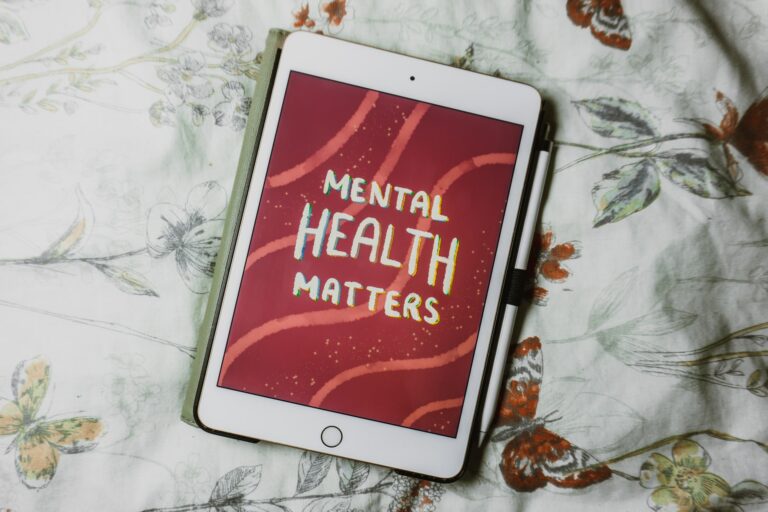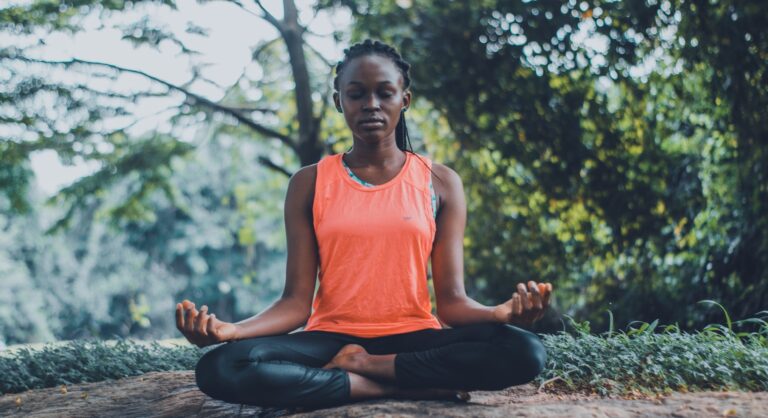May is National Mental Health Awareness Month
Every year, millions of people deal with the daily struggle of living with a mental illness. One in five adults in the United States live with a mental illness, and because they are so prevalent today, the spotlight is beginning to shift to explore just how society collectively can work together to setback the concerning numbers.
Throughout May, we will be celebrating National Mental Health Awareness Month. First celebrated in 1949, Mental Health Awareness Month remains as significant as ever for a myriad of reasons. Mental illness often goes ignored unless tragedy strikes. This month-long observation helps shed a spotlight on the importance of caring for mental health and the weight of taking it just as seriously as any other disease.
Not only is it critical to care for your own mental well-being, but also those around you. Regularly checking in on family, friends, and even neighbors can leave a profound impact on each of their lives. However, maintaining good mental health includes everything from your food choices and physical activity to your sleep schedule and stress management.
By taking the initiative to care for yourself and your loved ones and being open to discussing mental health with others, the more normalized it will become, creating a healthier, more vibrant world. Although the stigma around mental health treatment still exists, thanks to celebrations like National Mental Health Awareness Month, more and more people are beginning to learn to be more open about their mental well-being.
Because mental health is even less commonly discussed in adult communities, we encourage you to celebrate Mental Health Awareness Month and help pilot the movement for a healthier, more vibrant world where mental well-being is at our forefront.


